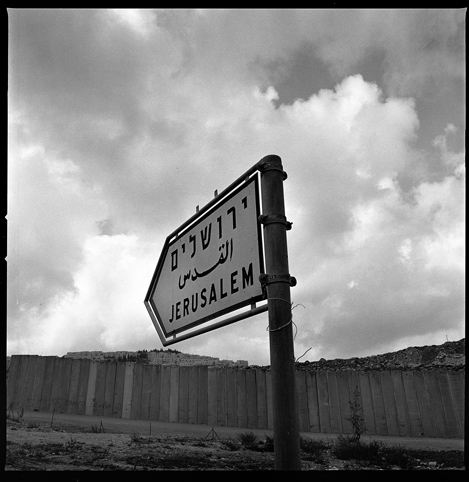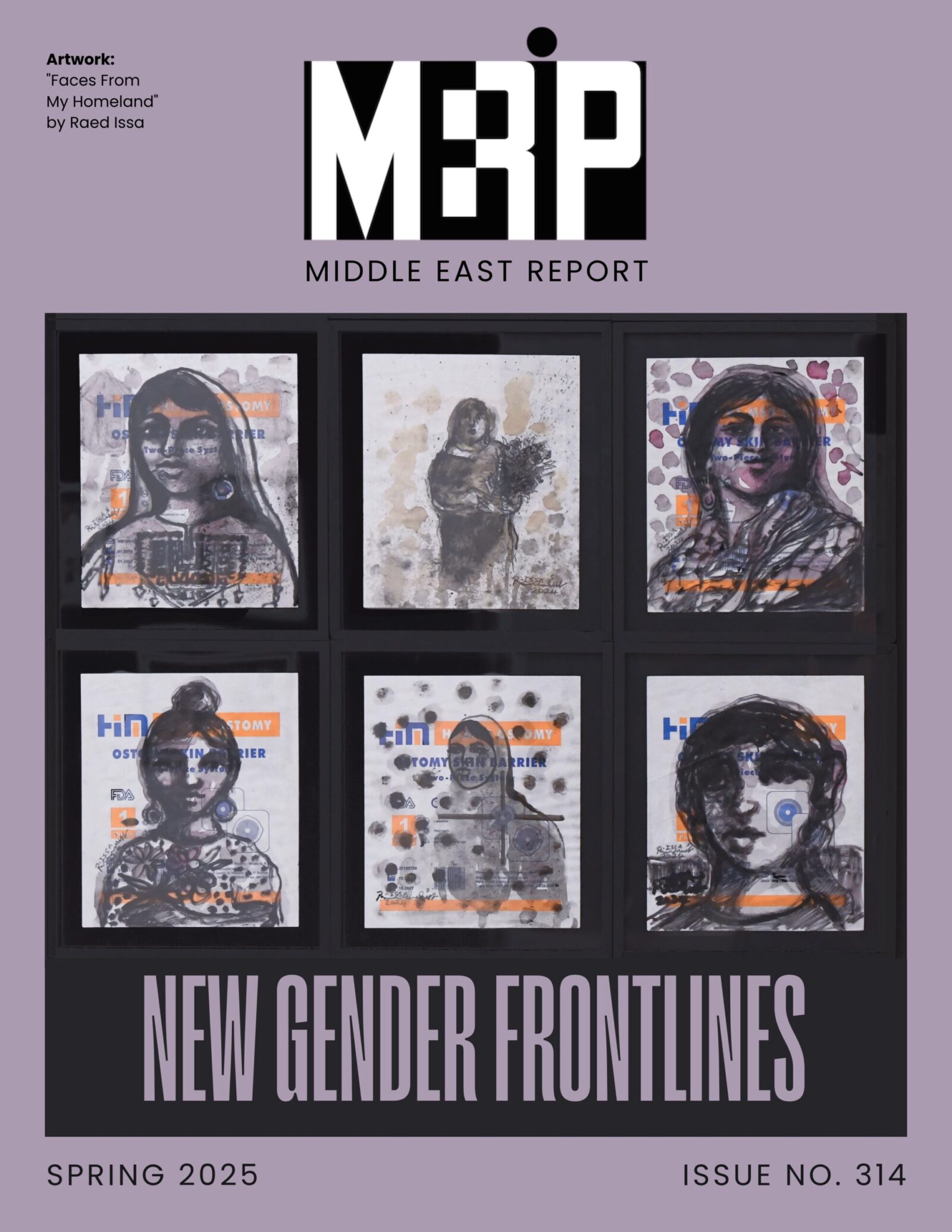IN THIS ISSUE:
The AKP’s Foreign Policy as Populist Governance
Turkish foreign policy throughout the Cold War was limited and largely predictable: narrowly focused on national security and preserving the sanctity of its borders while hewing to a predominantly Western orientation. Turkey’s foreign policy reflected the constraints of the bipolar international system, which granted little room for smaller powers to adopt independent policies. As such, Turkey pursued membership in key Western multilateral frameworks (the Council of Europe 1949, the OECD 1948 and NATO 1952) in order to improve its negotiating capacity; to enhance its security and status; and to compensate for its relative lack of an independent foreign policy. Membership in these Euro-Atlantic institutions also enabled Turkish policymakers to assert their affiliation with Western culture.
Crisis of Capitalism, Crisis of the Republic
Today, the crisis of Turkey is both a crisis of capitalism and a crisis of the Republic.
To the extent that it is a crisis of capitalism, of a financialized regime of accumulation, its own internal business cycles are synchronous with the cycles of global capitalism. Even though the current economic crisis takes the form of stagflation (a high inflation rate combined with recession), its driving factor is the increased default risk of the highly-leveraged corporate sector. The Justice and Development Party (AKP), governing an economy fully-integrated to the international financial system since 2002, enjoyed the benefits of global liquidity as it consolidated its hegemony. Today, as the crisis hits corporations and households alike, Turkish President Recep Tayyip Erdoğan and the AKP resort to anti-imperialist jargon to pass the proverbial buck, and cover up their helplessness in the face of the vast scope of the crisis.
Turkey’s Constitutional Coup
Turkey has undergone a dizzying array of crises over the last five years. Beginning with the repressive crackdown against the Gezi Protests during the summer of 2013, the country has gone from being cited as a model Muslim democracy to taking pride of place on the growing worldwide list of democratic reversals. Pundits now lump Turkey’s president, Recep Tayyip Erdoğan, in with populist authoritarian leaders ranging from Hungary’s Victor Orbán to the Philippines’ Rodrigo Duterte. On some indices Turkey leads the pack, jailing more journalists than any other country, throttling the independence of the judiciary and establishing a near total stranglehold on the media.
Editorial
[su_dropcap style="simple" size="5"]S[/su_dropcap]ince the failed July, 2016 coup attempt, Turkey has weathered a series of measures aimed at consolidating the unfettered power of President Recep Tayyip Erdoğan and his ruling Justice and Development Party (AKP). This...
CURRENT ANALYSIS
Turkey in a Tailspin
The epic blunder of the military coup attempt on July 15 has sent Turkey into a tailspin. President Recep Tayyip Erdoğan, the prime minister and cabinet, the parliament, the top military brass, the intelligence community and the police all became aware of the plot at...
Some Initial Thoughts on the Chilcot Report
We asked a few MERIP friends and Iraq scholars for their reflections on what they have read so far of the report now regarded as the official assessment of British involvement in the Iraq war.
Letter to UN Secretary-General Regarding Saudi Arabia’s Removal from List of Armies Charged with War Crimes
“The ruling Saudi regime obviously knows how to use its wealth to manipulate dysfunctional international bodies such as the UN. However, in the eyes of the global community it stands charged with overwhelming evidence of war crimes and of fundamental human indecency.”
LATEST ISSUES
FEATURED PRIMER

Primer: Palestine-Israel
Read the newest iteration of MERIP’s Palestine primer. Published in March 2025, and updated to reflect developments in the ten years since our previous primer, it provides an overview of key actors, organizations, historic events, political developments and diplomatic initiatives that have shaped the status and fate of Palestinians and the State of Israel from the late nineteenth century to the present.


